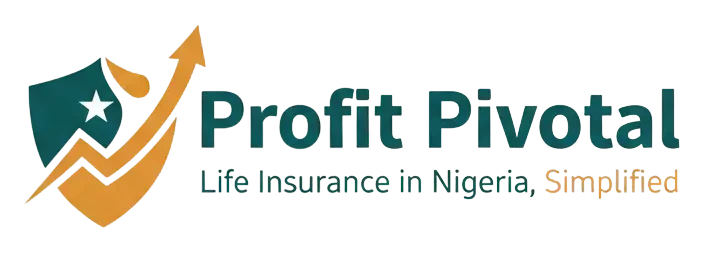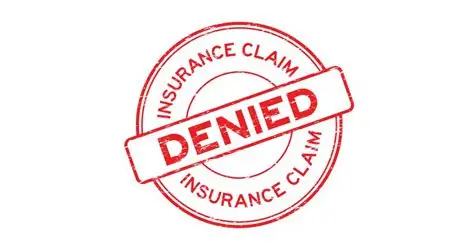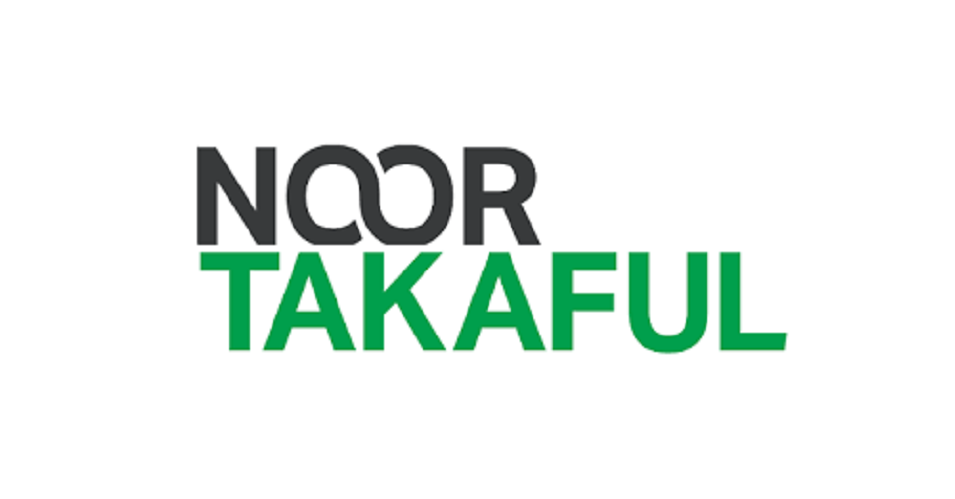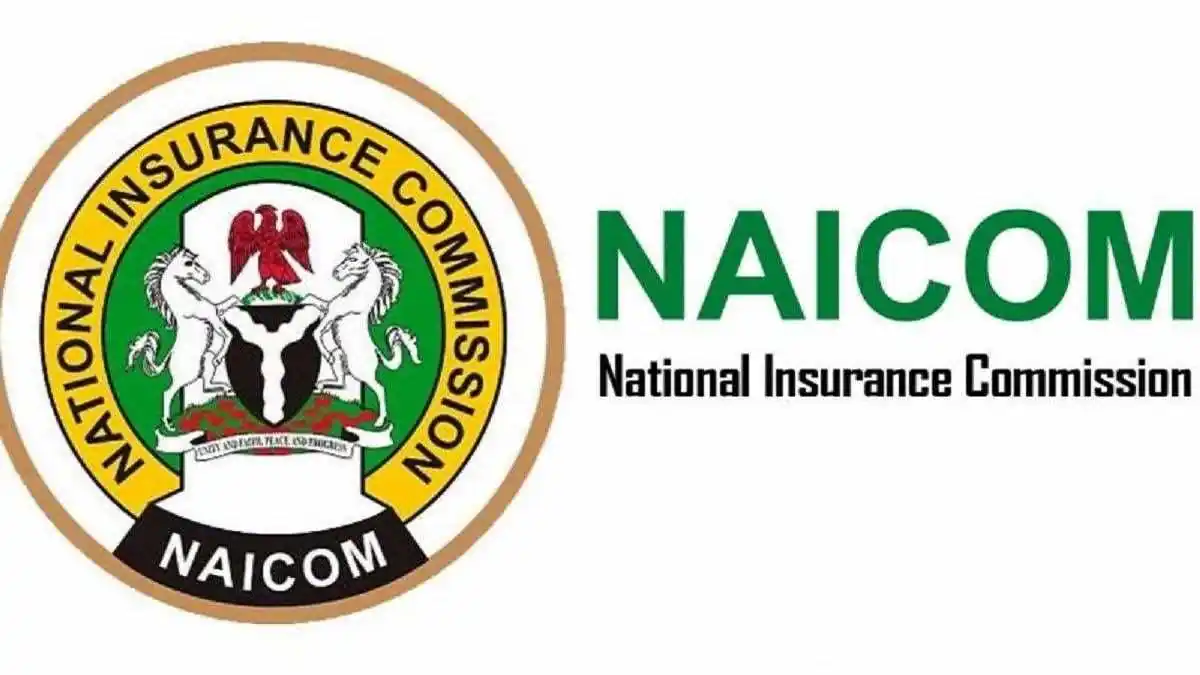How to withdraw money from a life insurance policy is a question many Nigerians ask when urgent financial needs arise. Whether it’s for school fees, a business opportunity, or an unexpected medical bill, accessing the cash value in your policy can provide much-needed relief.
The good news? If you have the right type of policy, you can tap into those funds while you’re still alive. But not all life insurance plans allow withdrawals, and the process comes with important considerations.
This article breaks down exactly how to access cash from your life insurance in Nigeria. We’ll cover the types of policies that allow withdrawals, the different methods available, and the potential impact on your coverage—so you can make an informed decision that balances today’s needs with tomorrow’s security.
What Kind of Life Insurance Policy Allows Withdrawals?
First things first, not all life insurance plans are created equal. In Nigeria, you can only withdraw money from a policy that has a cash value component.
- Term Life Insurance: This is the simplest and most affordable type. It covers you for a specific period (e.g., 10, 20 years). It pays out only if you pass away within that term. Term policies have no cash value, so you cannot withdraw from them.
- Whole Life Insurance: This policy covers you for your entire life and includes a savings or investment component known as cash value. A portion of your premium goes into this cash value account, which grows over time. This is the type of policy you can withdraw from.
- Endowment Policies: These are savings-focused plans that pay out a lump sum on a specific date or upon death, whichever comes first. They build significant cash value and are a popular choice for long-term goals like funding a child’s university education. You can typically borrow against or withdraw from an endowment policy.
Think of it this way: a term policy is like renting a house, while a whole life or endowment policy is like buying one—you build equity (cash value) over time.
How Does Cash Value Work?
When you pay your premium for a whole life or endowment policy, the insurance company divides it into three parts:
- Cost of Insurance: Covers the death benefit for your beneficiaries.
- Fees and Charges: Administrative costs for managing the policy.
- Cash Value: The remaining amount, which is invested and grows tax-deferred.
It usually takes a few years for a policy to build enough cash value to be worth withdrawing from. Insurers like AIICO, AXA Mansard, and Leadway Assurance have different timelines, so always check your policy document.
3 Ways to Access Money from Your Life Insurance
If you have a policy with cash value, you have a few options for getting money out of it. Let’s explore them.
1. Policy Loan
Taking a loan against your life insurance is the most common way to access funds without canceling your policy.
How it works: You borrow money from your insurer using your policy’s cash value as collateral. The best part? You are technically borrowing from yourself. This means no credit checks, and the approval process is often quick.
The interest rates on policy loans are typically lower than those from Nigerian commercial banks. For instance, while a personal loan might attract interest of 25% or more, a policy loan might be between 8-12%.
Key Points:
- You don’t have a strict repayment schedule, but any unpaid loan balance plus interest will be deducted from the death benefit paid to your beneficiaries.
- It’s a great option for emergencies when you need cash fast.
2. Partial Withdrawal or Surrender
A partial withdrawal allows you to take out a portion of your policy’s cash value.
How it works: You request a specific amount from your insurer. Unlike a loan, you don’t have to pay it back. However, this action will permanently reduce the death benefit your family would receive.
For example, if your policy has a death benefit of ₦10 million and a cash value of ₦1.5 million, withdrawing ₦500,000 will reduce your death benefit. The exact reduction depends on your insurer’s calculations.
A full surrender means you are canceling the policy entirely. You will receive the total accumulated cash value, minus any surrender charges. This should be a last resort, as your loved ones will no longer be protected.
What is a Surrender Charge?
A surrender charge is a fee insurance companies charge if you cancel your policy within a certain period (usually the first 7-10 years). It’s designed to cover the initial costs of setting up your policy. This fee decreases over time and eventually disappears.
3. Selling Your Policy (Life Settlement)
While less common in Nigeria, a life settlement involves selling your life insurance policy to a third-party company for a one-time cash payment. The company pays you more than the surrender value but less than the death benefit. They then become the new owner, pay the premiums, and collect the death benefit when you pass away.
This option is typically for seniors (usually 65+) with high-value policies they no longer need.
Step-by-Step: How to Withdraw Money from Your Policy
Ready to make a move? Here’s a simple process to follow.
- Contact Your Insurance Provider: Call your insurer’s customer service or visit a branch. You’ll need your policy number and personal details.
- Request the Right Forms: Ask for a policy loan, withdrawal, or surrender form. Most major insurers in Nigeria now allow you to download these forms from their website.
- Fill and Submit: Complete the form accurately. You will need to provide your bank account details for the funds to be transferred. Attach a valid ID like a National ID (NIN Slip), Driver’s License, or International Passport.
- Wait for Processing: Processing times vary. A policy loan might take 3-7 business days, while a full surrender could take up to 15 business days.
Should You Withdraw from Your Life Insurance?
Accessing your policy’s cash value can be a financial lifesaver, but it’s crucial to weigh the pros and cons.
Pros:
- Quick Access to Cash: Faster than applying for a traditional bank loan.
- No Credit Checks: Your credit history doesn’t matter.
- Lower Interest Rates: Policy loans are often cheaper than personal loans.
Cons:
- Reduced Death Benefit: Any withdrawal or unpaid loan reduces what your beneficiaries get.
- Potential for Policy Lapse: If your loan balance plus interest exceeds your cash value, your policy could be terminated.
- Surrender Charges: You could lose a significant portion of your cash value if you cancel the policy too early.
Before making a decision, ask yourself: “Is my reason for withdrawal more important than my family’s long-term financial security?” If it’s for a non-essential expense, you might want to reconsider.
Final Thoughts
Knowing how to withdraw money from a life insurance policy gives you financial flexibility. It transforms your policy from just a safety net into a useful financial tool for life’s many challenges.
Always remember to read your policy documents carefully and speak with a financial advisor to understand the full implications of your decision. Your goal is to balance today’s needs with tomorrow’s security.
Suggested Reads:
1. Capital Gains Tax in Nigeria: A Simple Guide to Your Profits (2025)
2. 5 Things Term Life Insurance Does for Nigerians That Savings Cannot
3. Discover the Secret Clause Many Nigerians Miss in Their Term Life Policies








